As Nigerians, we are no strangers to the challenges of food security. With a growing population and the impacts of climate change, it’s clear that we need to adopt more sustainable farming practices to ensure that everyone has enough to eat, now and in the future.
One of the most effective strategies is crop rotation. By alternating the types of crops grown on a particular piece of land, farmers can maintain soil fertility and reduce the spread of pests and diseases. For example, rotating maize with legumes like soybeans can naturally replenish nitrogen in the soil, reducing the need for chemical fertilizers.
Agroforestry is another practice gaining traction. This involves integrating trees and shrubs into farmland, which helps protect the soil, conserve water, and increase biodiversity. In regions like the North where desertification is a threat, planting trees alongside crops can prevent soil erosion and create a more stable environment for farming.
Organic farming is also essential for sustainability. By using natural fertilizers and pesticides, we can reduce the harmful effects of chemicals on our health and the environment. Farmers in Nigeria are increasingly turning to organic methods, such as composting and using neem oil as a natural pesticide, to produce healthier crops.
Water conservation techniques, such as drip irrigation, are crucial in areas with limited water resources. This method delivers water directly to the roots of plants, minimizing waste and ensuring that crops get the moisture they need to thrive.
By embracing these sustainable farming practices, we can boost Nigeria’s food security and create a more resilient agricultural sector. It’s about working with nature, not against it, to ensure that our land can continue to provide for us for generations to come.

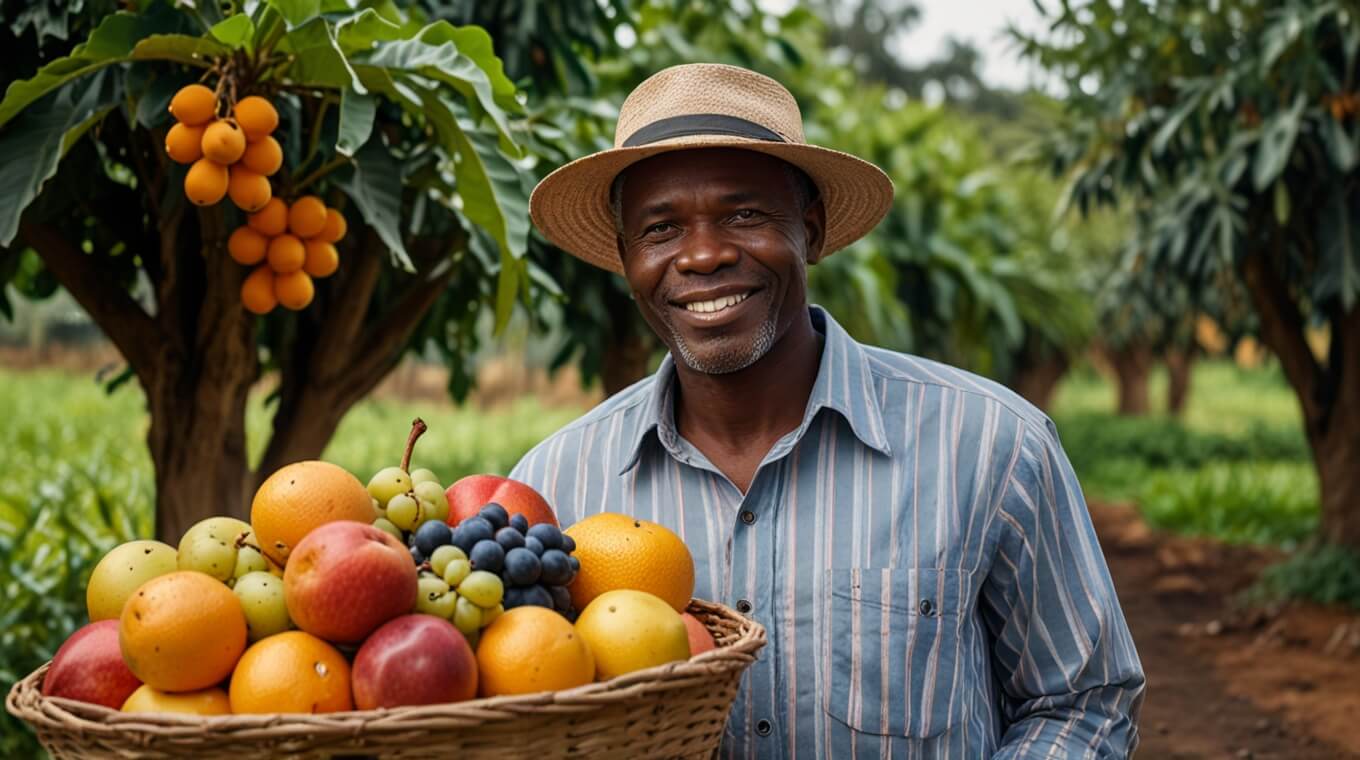
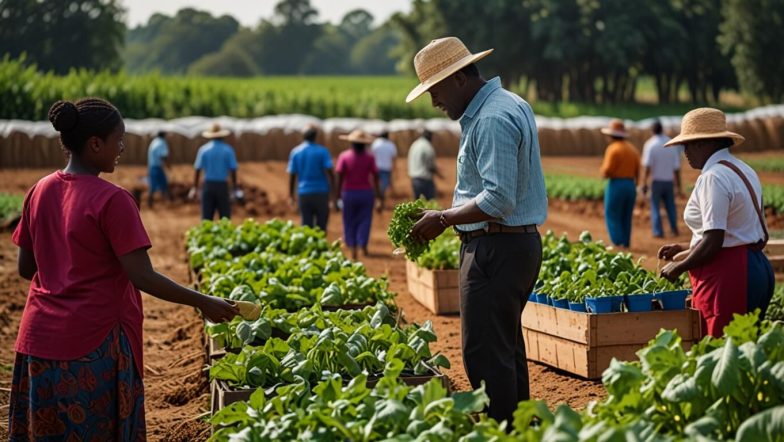
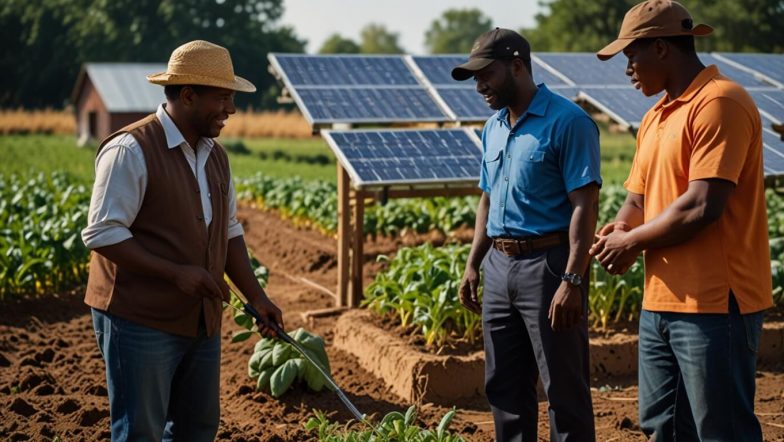
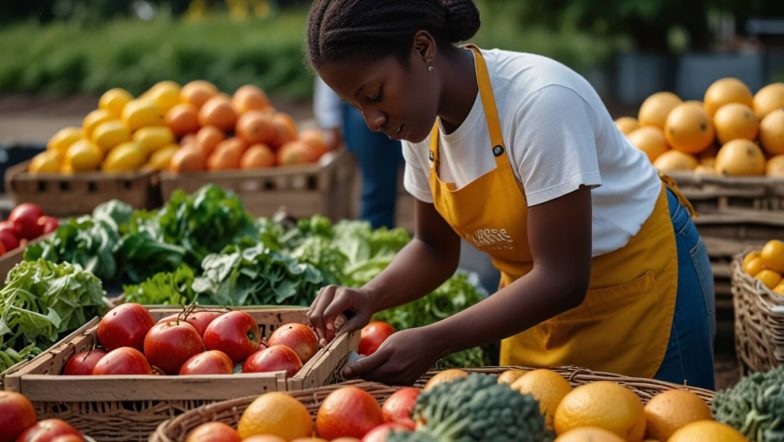
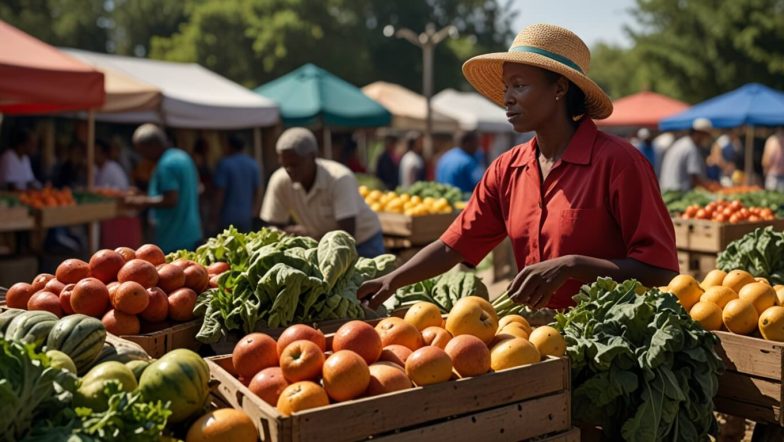
Leave a comment